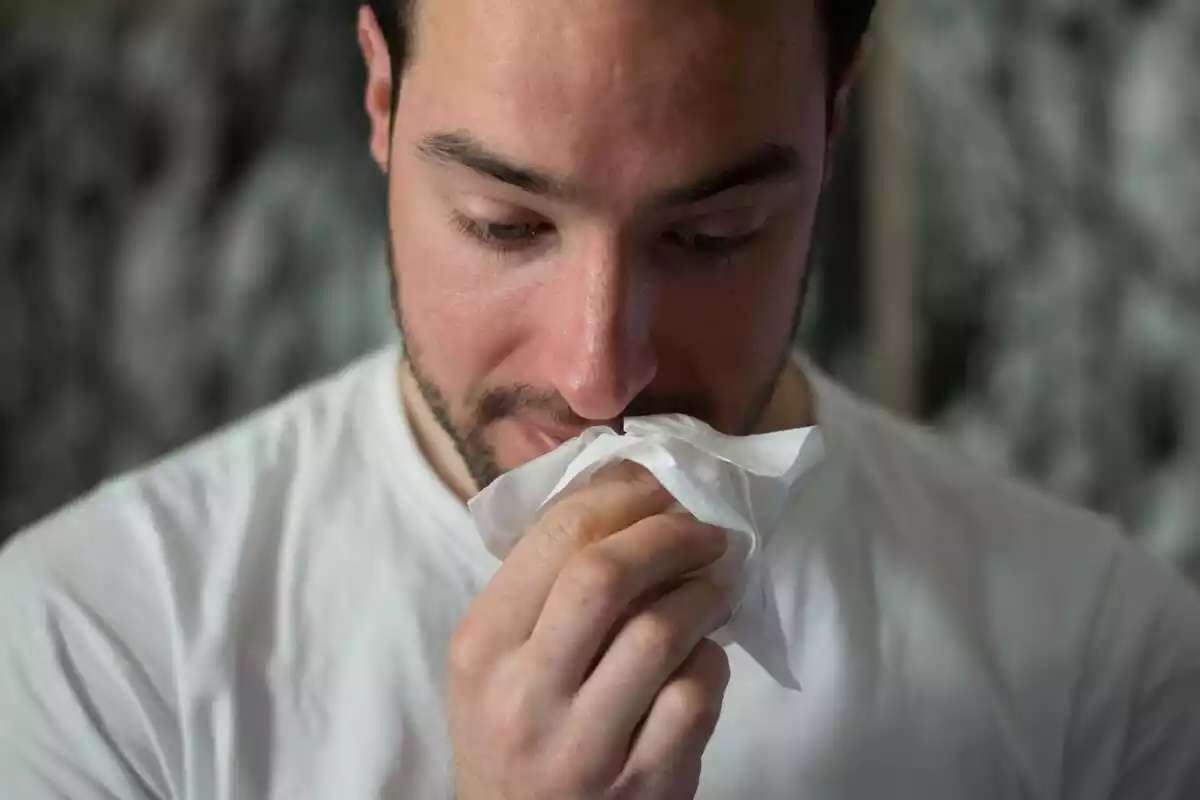Surely at some point, since the COVID pandemic began, we have all been concerned about some unusual symptoms in our body, and we have thought that perhaps it could be an indicator that we have been infected with COVID.
On many occasions, the symptoms detected end up being nothing or simply an indicator of some other type of ailment.
It should be remembered, for example, that at the beginning of the pandemic many experts already warned that some people were having breathing problems or chest pains ─common coronavirus symptoms─, but that they were due to anxiety problems caused precisely by worries about COVID and lockdown.
As it is already known, coronavirus has several symptoms that not all people suffer from, but which may be indicative of having the disease. The most common ones are breathing problems, chest pain, cough, general tiredness, fever, and loss of smell and/or taste.
As you can see, most of these symptoms could also be caused by other diseases or ailments such as, for example, a cold, the flu, other types of lung difficulties, etc.
Now that we're in spring, we could start getting the symptoms of a normal allergy with those of COVID confused, as there are some that may be similar. Although it's true that there are others that can allow us to differentiate the two things easily.
This has been explained by an expert, the pharmacist Marian Garcia, in laSexta Noche, a Spanish program. She wanted to talk about the differences that can be found between having been infected with coronavirus and having its symptoms or simply experiencing the effects of seasonal allergies.
The pharmacist herself has confessed that "there are common symptoms between the two" that can get one thing with the other confused, therefore, if this happens to us, it's normal: "Cough, difficulty breathing, nasal congestion, headache or fatigue" would be these common symptoms that could be experienced both during an allergy and when having coronavirus.
However, she has explained that there are some ways to distinguish one from the other and thus avoid worrying too much, in these times when we are all, to a greater or lesser extent, worried that we might have caught the virus.
First of all, she wanted to make clear the most important thing: "to be certain that it is coronavirus, you have to be tested". That is all there is to it. As she has said, in case of suspicion, the best thing to do is to contact the health services, explain what is happening and let them assess the situation.
Nevertheless, there are ways to rule out that you have COVID and you have a seasonal allergy instead: "The tearing, the watering of the eyes, rubbing the nose, or sneezing several times in a row" are symptoms of allergy, even if you also have a cough, for example, or feel pressure in the head.
However, symptoms such as "fever, muscle pain like a steamroller, or loss of taste or smell" are clear indications that what you could be suffering from COVID.
Thus, although at first, it may seem that both ailments are perceived in a similar way in terms of symptoms, you have to look deep into it, as there are a number of ailments or afflictions that help us differentiate between them.
[This is a translation of the original article "Tranquilidad. No todo es covid. Los síntomas para diferenciarlo de una simple alergia" published in espanadiario.net]

